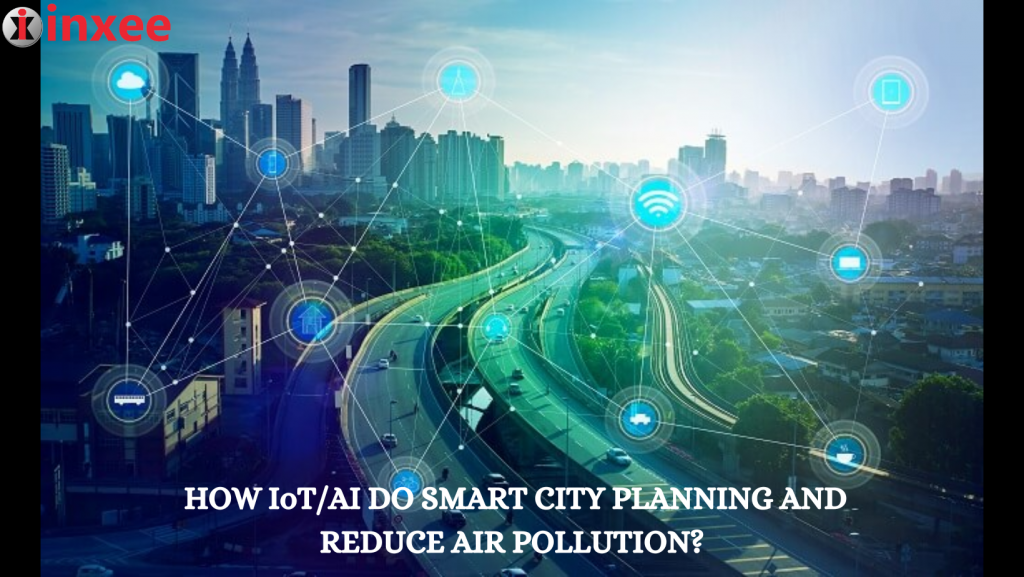How IoT/AI do Smart City Planning and Reduce Air Pollution?

The emergence of smart city technology has paved the way for the creation of more livable and sustainable urban areas. With the help of the Internet of Things (IoT) and Artificial Intelligence (AI), smart city planning and management can become more efficient and effective, especially when it comes to reducing air pollution.
IoT technology enables smart devices to collect and transmit data from various sources such as sensors, cameras, and other connected devices. This data can be analyzed using AI algorithms to provide valuable insights into air quality, traffic patterns, and energy consumption. With this information, city planners and officials can make more informed decisions on how to manage their city’s resources and infrastructure.
One of the most significant ways that IoT/AI can help reduce air pollution is through smart traffic management. By using real-time data from sensors and cameras, traffic flow can be optimized to reduce congestion and emissions. Smart traffic lights can also be programmed to adjust their timing based on current traffic conditions, reducing idle time and fuel consumption.
Another way that IoT/AI can help reduce air pollution is through smart waste management. By using sensors and data analytics, waste collection routes can be optimized to reduce the number of vehicles on the road, which can also reduce emissions.
Additionally, IoT/AI can help monitor and control energy consumption in buildings and homes, reducing the overall carbon footprint of a city. Smart thermostats and energy management systems can automatically adjust temperature and lighting based on occupancy and usage patterns, reducing energy waste and costs.
In conclusion, IoT and AI technologies have the potential to revolutionize smart city planning and management, particularly in the areas of traffic management, waste management, and energy consumption. By leveraging these technologies, cities can take proactive steps towards reducing air pollution and creating more livable, sustainable communities for their residents.









Leave a Reply